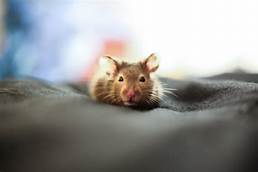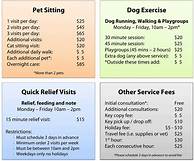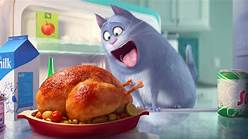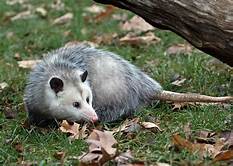Can Feeder Rats Be Pets?
Feeder rats are a common food source for snakes, spiders, and other exotic pets. Although they are not typically kept as companion animals, some people do choose to keep feeder rats as pets. There are a number of pros and cons to keeping feeder rats as pets, and it is important to weigh these factors carefully before making a decision.

Pros of Keeping Feeder Rats as Pets
1. They are relatively inexpensive to purchase and care for.
2. They are small and easy to house, even in a small apartment.
3. They are social and playful animals that can provide hours of entertainment.
4. They can be litter trained, making them easy to clean up after.
Cons of Keeping Feeder Rats as Pets
1. They have a short lifespan, typically only living for about two years.
2. They can be prone to health problems, such as respiratory infections and diarrhea.
3. They can be destructive, chewing on furniture and other objects.
4. They can carry diseases that can be transmitted to humans, such as hantavirus and salmonella.
Things to Consider Before Keeping Feeder Rats as Pets
1. Do you have the time and resources to properly care for a rat? Rats need a clean and spacious cage, a healthy diet, and regular veterinary care.
2. Are you prepared for the fact that your rat may only live for a short time? Rats typically have a lifespan of two to three years, so you need to be prepared for the heartbreak of losing your pet relatively soon.
3. Are you comfortable handling and cleaning up after a rodent? Rats can be messy and may have a strong smell, so you need to be prepared to clean their cage regularly and deal with their waste.
If you have carefully considered all of the pros and cons and you are still interested in keeping feeder rats as pets, there are a few things you can do to ensure that they have a happy and healthy life.
1. Choose a healthy rat. When choosing a feeder rat, look for one that is active and alert with bright eyes and a clean coat. Avoid rats that are lethargic, have runny noses or eyes, or have any other signs of illness.
2. Provide a clean and spacious cage. Rats need a cage that is at least 20 inches long, 10 inches wide, and 12 inches tall. The cage should have plenty of ventilation and should be made of a material that is easy to clean.
3. Feed your rat a healthy diet. Rats are omnivores and need a diet that includes a variety of foods, such as fresh fruits and vegetables, high-quality rat food, and occasional treats. Avoid feeding your rat fatty or sugary foods.
4. Provide your rat with plenty of toys and activities. Rats are intelligent and playful animals that need plenty of mental and physical stimulation. Provide your rat with a variety of toys, such as chew toys, running wheels, and climbing structures.
5. Take your rat to the vet regularly. Rats need regular veterinary care to check for health problems and to keep them up-to-date on their vaccinations.
Declaration: All article resources on this website, unless otherwise specified or labeled, are collected from online resources. If the content on this website infringes on the legitimate rights and interests of the original author, you can contact this website to delete it.




